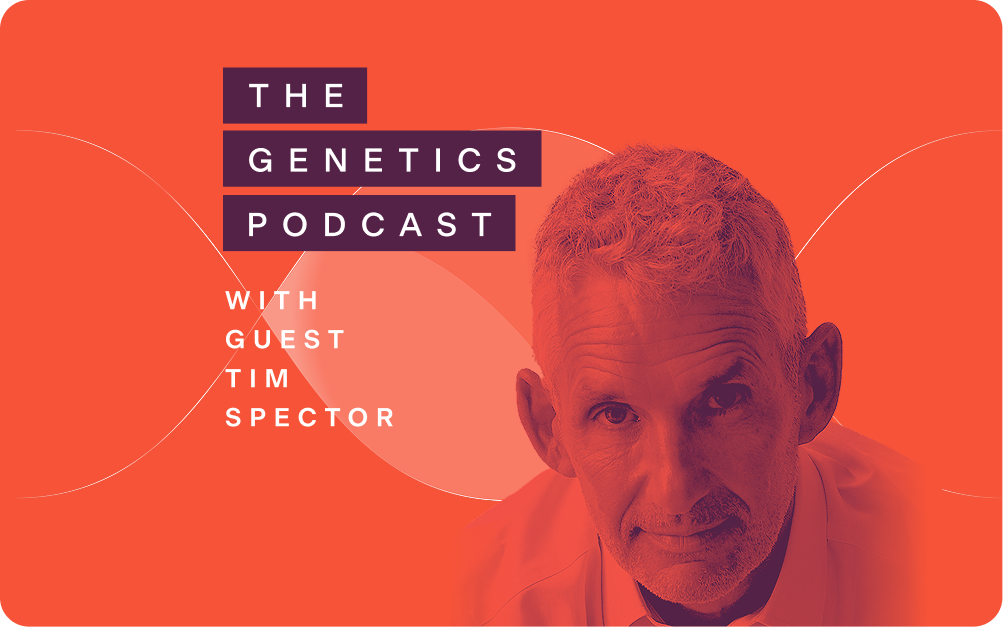Clinical research blog
Explore our blog for insights into the big questions in precision medicine and clinical research.
Technological advances and biomedical breakthroughs have triggered a paradigm shift in precision medicine. Clinical research is currently at a turning point at which scaling up processes in an efficient manner and adapting clinical trial models to fulfill changing requirements will help transform the ecosystem. The availability of large-scale datasets and maturing of artificial intelligence (AI) tools that can process them at scale can help fill persistent gaps in clinical research and traditional models.
In May and June of 2025, the Food and Drug Administration (FDA) announced a series of important developments related to the use of artificial intelligence (AI) across its processes. These developments signaled a significant move towards integrating technological advancements into the FDA’s routine tasks to enhance productivity.
Duchenne muscular dystrophy is an inherited disorder that is characterized by progressive muscle degeneration, leading to loss of function and premature death. The global prevalence of DMD is approximately 19.8 per 100,000 live male births. As our understanding of the genetic and molecular underpinnings of DMD deepens, so too does the potential for highly personalized treatments that are tailored to individual genetic profiles.
On a recent episode of The Genetics Podcast, Patrick was joined by Andres Moreno-Estrada, population geneticist and head of the Human Evolutionary Genomics Lab at LANGEBIO in Mexico. They discussed the creation and insights of the Mexican Biobank, the genetic diversity of Latin America, ancient human migration, and the role of locally-led research in shaping public health and scientific equity.
We recently attended the GBA1 conference in Montreal, which brought together researchers, clinicians, biotech leaders, and patient advocates to discuss cutting-edge developments across GBA1-associated diseases, including Parkinson’s disease (PD), Gaucher disease, and dementia. The meeting revealed major scientific progress and critical gaps in the systems surrounding patient care, trial design, and genetic access. In this blog, we’ll share some of our key learnings.
Myasthenia gravis (MG) is a chronic neuromuscular disorder (NMD) that is characterized by muscle fatigue and weakness. It is considered a rare disease, affecting between 150 and 200 cases per million people worldwide.
On a recent episode of The Genetics Podcast, Patrick spoke with Frank Gleeson, co-founder and CEO of Satellos Bioscience, a Canadian biotech pioneering a regenerative approach to Duchenne muscular dystrophy (DMD). They discussed Satellos’ focus on muscle stem cell regeneration, how this fills a critical therapeutic gap, and the promising results of their early clinical trials.
At Sano Genetics, our mission is to make clinical research in precision medicine faster, more inclusive, and more efficient. In our Q2 2025 product webinar, we unveiled new features that can help study teams streamline patient onboarding, scale testing logistics, and deliver more personalized participant experiences.
Precision medicine is reshaping how we view and treat disease. However, with that promise comes complexity: new therapies are increasingly targeted, diseases are redefined by molecular profiles, and patient populations are more fragmented than ever. Traditional clinical trial designs often can’t keep up. Accordingly, master protocols have emerged as an innovative solution that is built for the precision era.
On a recent episode of The Genetics Podcast, Patrick spoke with Tim Spector, Professor of Genetic Epidemiology at King’s College London and co-founder of Zoe. They discuss surprising insights on heritability from decades of twin research, the profound impact of the microbiome on health and disease, and the effect of diet on the gut microbiome.










